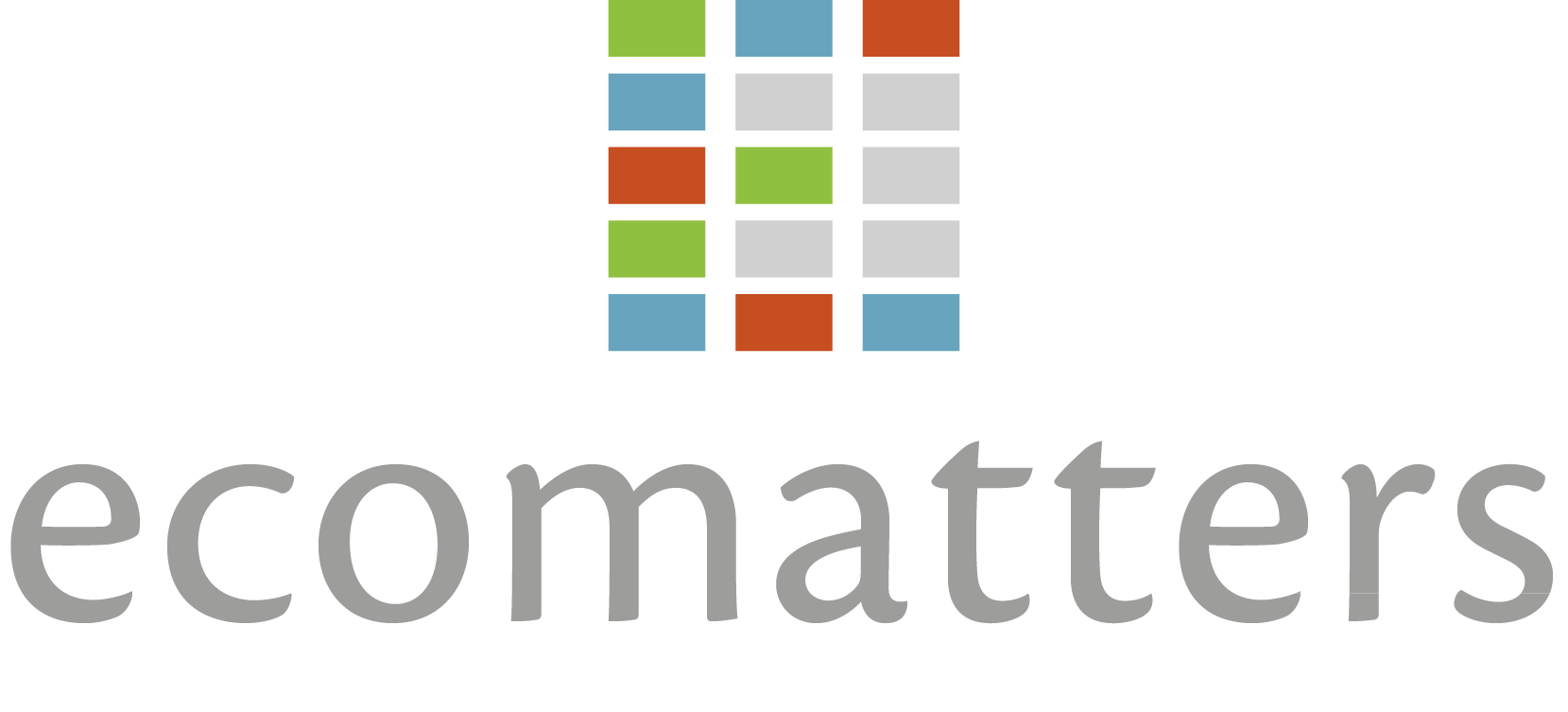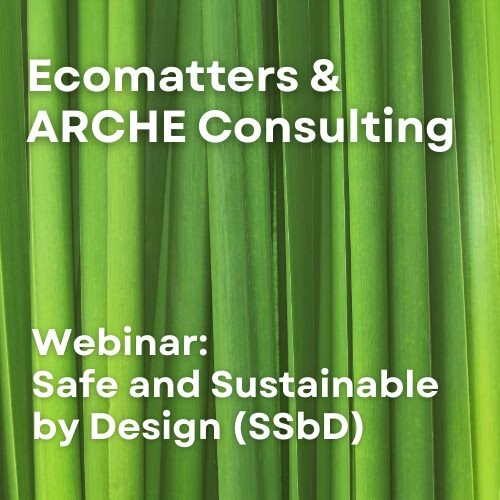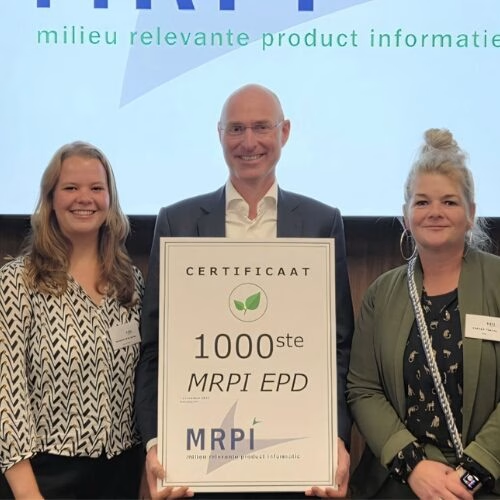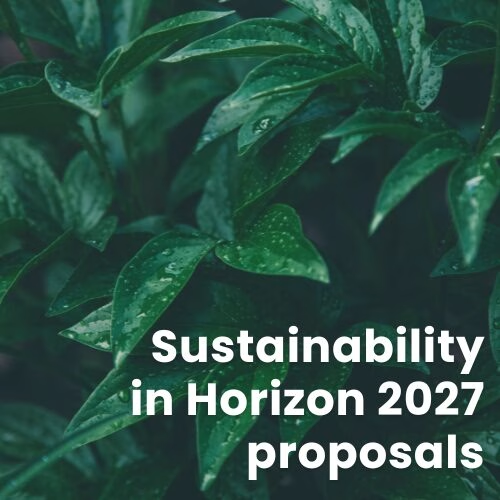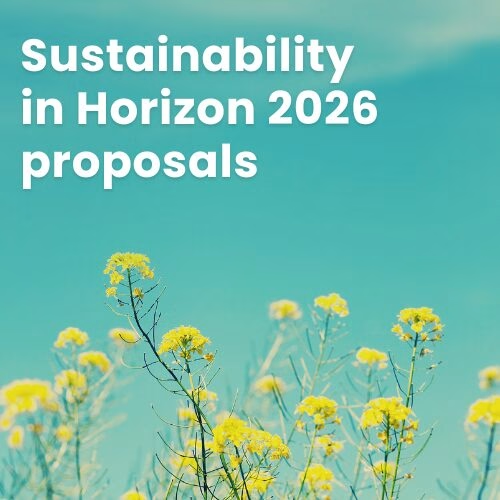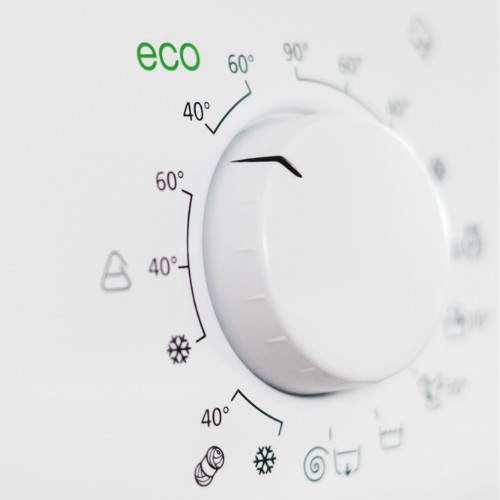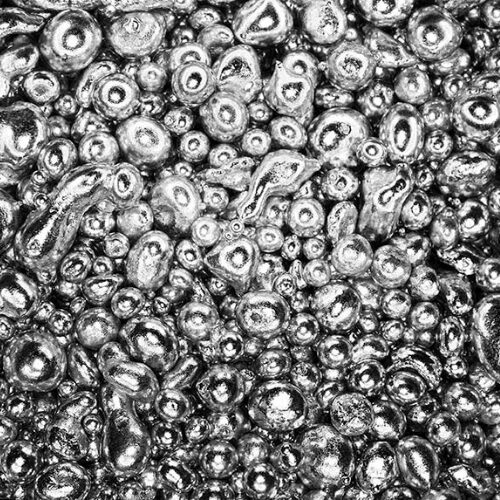EN 15804+A2, the new revision of EN 15804 standard
EN 15804 is a standard for the sustainability of products in the construction sector, which defines the core product category rules (PCR) for Type III environmental declarations. In November 2019 a new revision of the standard was published. The EN 15804+A2 replaced the A1 revision, (EN15804+A1), which was published and is in force since 2013. The new document introduces several substantial changes that will affect the way EPDs in the construction sector are made. The main goal of the A2 revision is to align the standard-based EPDs with the Product Environmental Footprint (PEF) formats.
Overview of the most important changes
Here we present a short overview of the most important changes introduced in the new document:
- More requirements for the type of EPD with respect to life stages covered. According to the A2 revision, all construction products should declare modules A1-A3 but also C1-C4 and D, which were optional before. Exceptions are products fulfilling three specific requirements. Any omissions of modules C1-C4 and D should be justified. There are now 5 types of possible EPDs, instead of 3 in the previous revision
- Additional LCA-based environmental impact indicators. The list of core impact indicators is longer in the new revision. Now, the LCA practitioner has to report the impact for 13 main impact categories, and on top of that, 6 additional environmental impact categories. Those changes are aligned with the PEF methodology. The additional impact categories need to be included in the project report but can be omitted in the EPD document.
- New content regarding biogenic carbon. More attention is given now to carbon content and biogenic carbon. For example, the amount of biogenic carbon in a construction product needs to be included in the report. The document also determines how to proceed with carbon offsets.
- Annex for end-of-life formulae. The newly added annex D for calculations of end-of-life benefits presents the detailed guideline to calculations of the benefits and loads beyond the system boundaries. The complexity of the new approach has arguably increased.
- Changes in data quality assessment. According to the new standard, documentation, and datasets need to be converted into the International Reference Life Cycle Data System (ILCD) format. This requirement may complicate using current databases.
- More explicit description of the functional and declared unit. Revision A2 adds that the functional unit allows comparison with other product systems that fulfill the same functional unit.
What does this mean for future EPDs?
In the end, the new revision brings more detailed descriptions of many sections, which should be helpful for the EPD makers. However, the standard also presents quite substantial modifications and additions in the EPD creation process, which will change the scope of work for many practitioners. The new revision of EN 15804 needs to be first implemented by the system operators that are certifying and publishing the EPDs. Most probably guidelines from the System Operators indicating a transition period to change from the EN 15804+A1 to the EN 15804+A2 version will be published. Therefore, the actual time for adjusting to the new standard rules may be longer for EPD practitioners, depending on their system operators.
In any case, all EPDs published with A1 will still be 5 years valid, but once guidelines and details around the EN 15804+A2 are shared by the System Operators new EPDs will have to be published with the A2 version. At Ecomatters, we have experience in making EPDs for construction products that are compliant with the EN 15804 standard. If you need more information regarding the EPD process or our expertise, check out our website:
